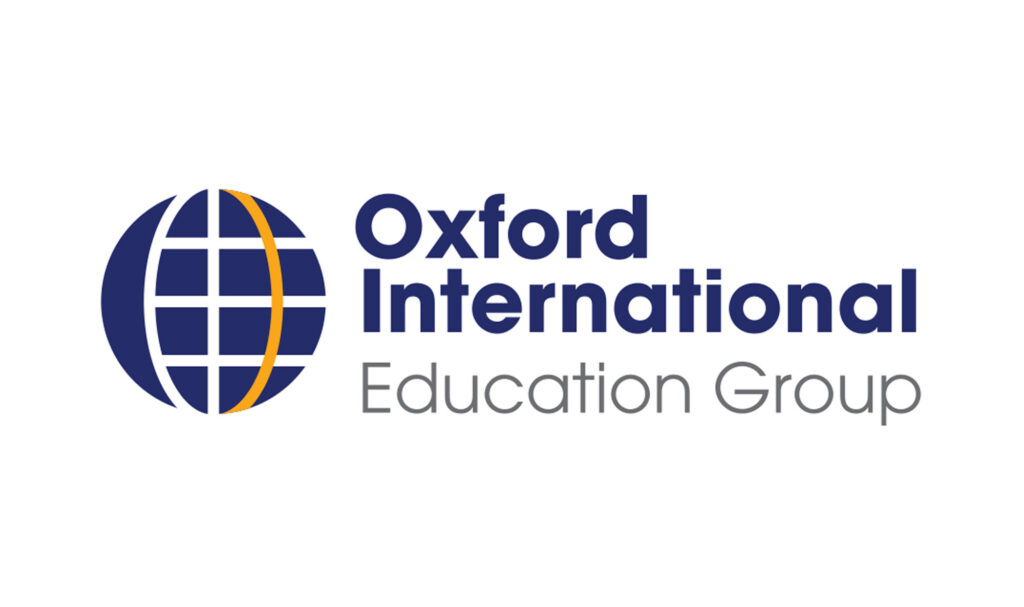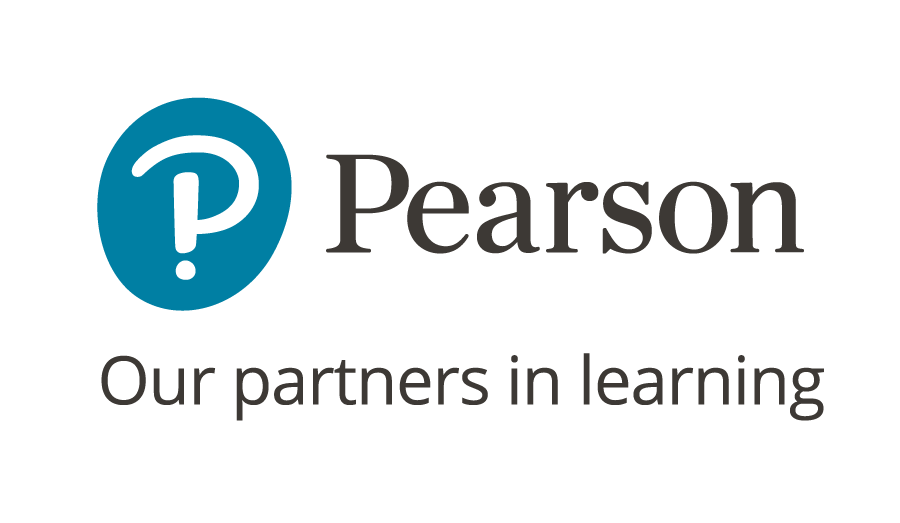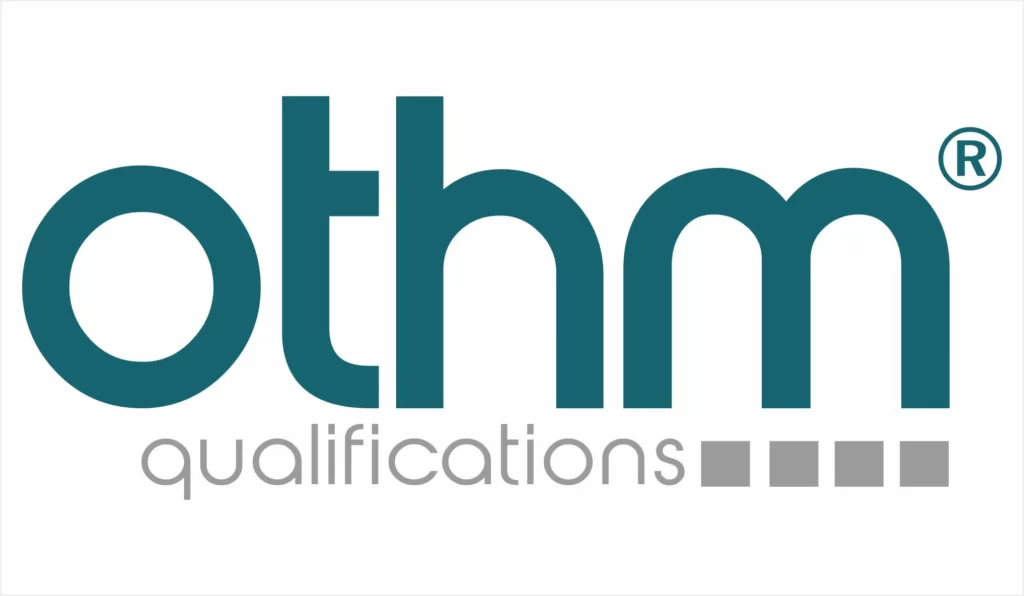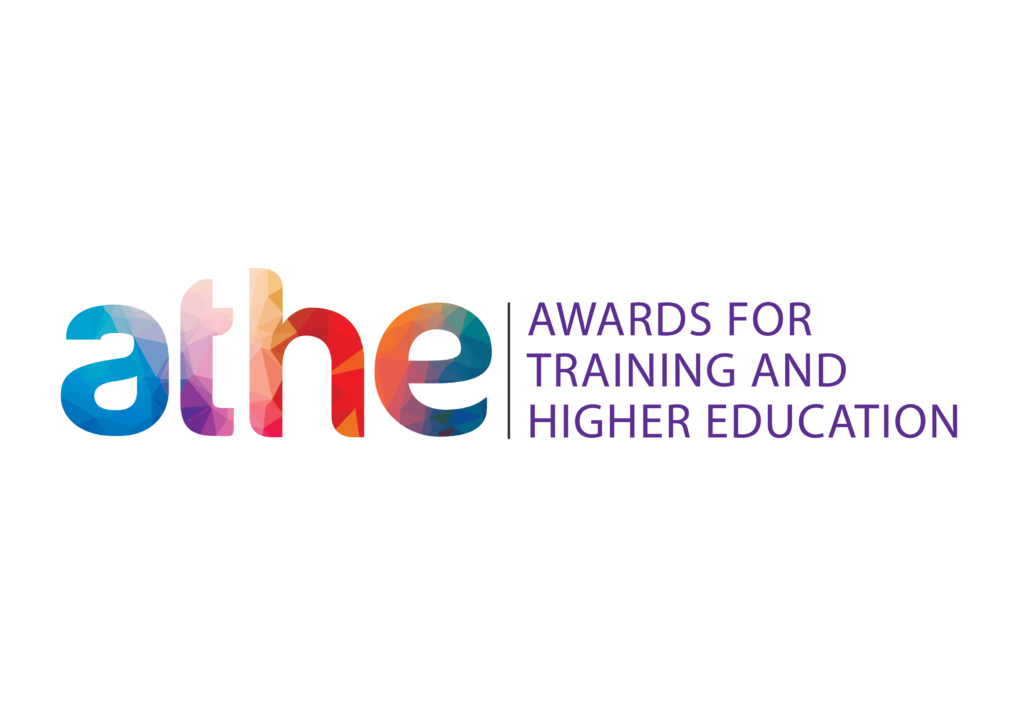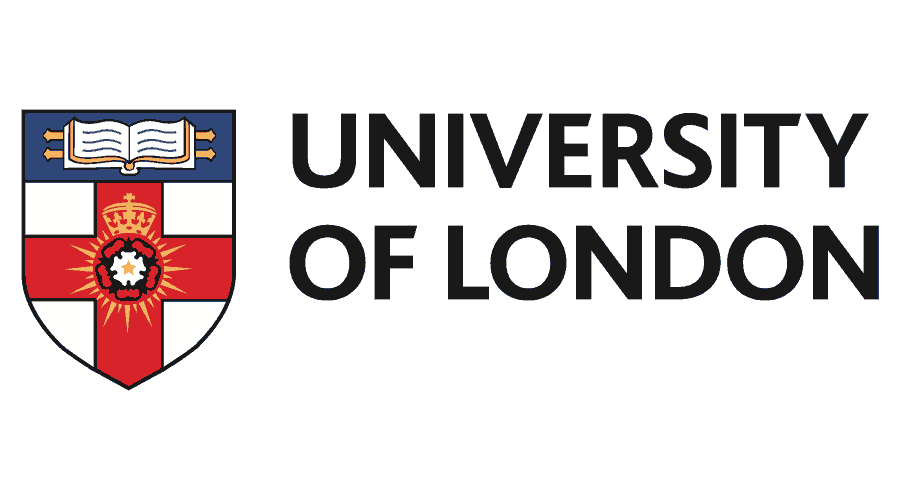Risk Management
Program Rationale
The QUALIFI Level 7 Diploma in Risk Management covers a wide range of topics, offering a comprehensive exploration of risk management. The inclusion of ISO standard harmonization indicates a commitment to aligning risk management practices with international standards, ensuring a globally recognized and standardized approach to risk management. Learners are exposed to organizational strategy and risk plans, highlighting the strategic aspect of risk management. Learners are taught how to evaluate tools for assessing an organization's position in the market and how to prepare a risk management plan to mitigate potential risks. Successful completion of the diploma is stated to open up opportunities for further study or employment in the field of risk management.
Curricular Outcomes
- Understand how to construct research methods in the context of risk management.
- Understand what strategy risk is and the different types of strategy risk.
- Understand the significance of corporate governance in organizations.
- Understand aims and general principles of risk management.
- Understand the principles and formation of agreements.
- Understand the sources of risk management.
Course Details
DURATION
12 Months – 120 Credits
OFFER
Full Time
QUALIFICATION TYPE
Vocational Qualification
INTAKES
April,August,September
- The QUALIFI program is designed to be accessible without artificial barriers, promoting inclusivity in access and progression.
- The entry requirements aim to accommodate a diverse range of learners.
- Prospective candidates are expected to meet one of the following criteria:
- Prospective learners should have attained undergraduate qualifications in the respective field from affiliate bodies.
- Prospective learners who have spent some time in an organizational role and shown they have capability and drive to develop.
- English Language Proficiency: Learners must have an appropriate standard of English to access resources and complete unit assignments. For non-native English speakers, recommended standards include IELTS 5.5, CEFR B2, Cambridge English Advanced (CAE) 162 or above, or Pearson Test of English (PTE) Academic 42-49.
- Advanced Research Methods in Risk Management
- Responsible Leadership and Governance
- Organizational and Environmental Risk
- Principles of Risk Management
- Risk Analysis and Modeling
- Strategic Risk Management
- The qualification’s 12-month duration, coupled with its flexible approach to part-time and distance learning, caters to a diverse range of learners.
- The delivery methods, includes online lectures, tutorials, seminars, ensuring a comprehensive and adaptable educational experience.
- This approach acknowledges the varying needs and preferences of individuals seeking to pursue the qualification.
- Individuals can progress to the next level by obtaining a QUALIFI Level 7 qualification i.e. Mphil and PHD.
Apply Now
Certified & Verified PARTNERS

